A Kenyan lion believed to be the oldest in the world has died after being speared to death by a group of Maasai warriors.
Loonkito, 19, was killed by herders on Wednesday night after he was caught preying on livestock in Olkelunyiet village.
He is said to have strayed too close to a pen in the Amboseli National Park on Wednesday, which forced the herders to take action.
The group used spears to ward the elderly predator away from their cows, which ended up killing him as he succumbed to a stab wound to the head.
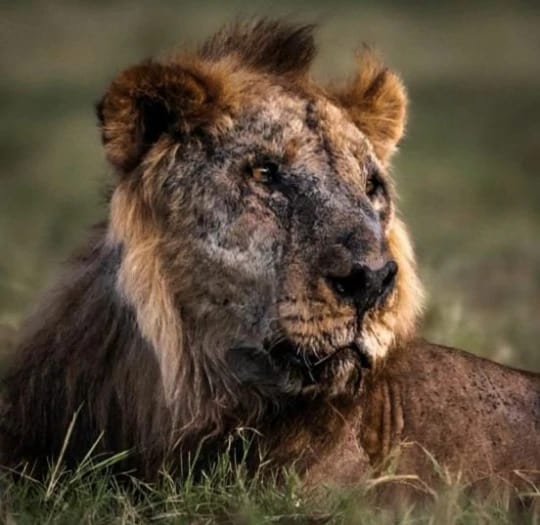
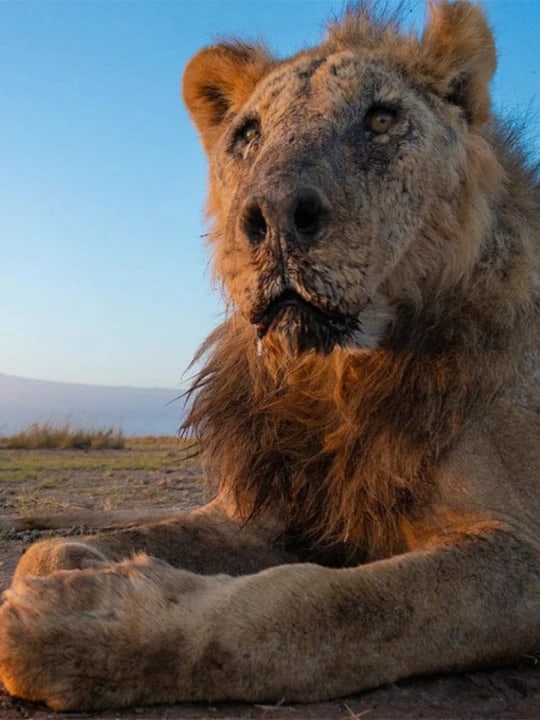
Loonkito had been admired by wildlife experts for many years due to his unusually old age and longevity, and his death has been mourned by conservationists.
The great predator was dubbed the ‘legendary big cat warrior’ by Kenya Wildlife Service (KWS) after he defended his territory for over a decade.
KWS spokesman, Paul Jinaro said: ‘It was an old lion that had issues… getting prey on its own and livestock is easy prey.
‘A normal lion would go for wildlife inside the park.’
African lions typically have a lifespan of up to 18 years in the wild, according to conservation group Cats for Africa.
Conservation group Lion Guardians eulogised Loonkito as ‘a symbol of resilience and coexistence.’
The world’s oldest dog celebrates his 31st birthday in the best way possible
‘It is with heavy hearts that we share the news of the passing of Loonkito (2004 – 2023), the oldest male lion in our ecosystem and possibly in Africa,’ the non-profit said on Facebook.
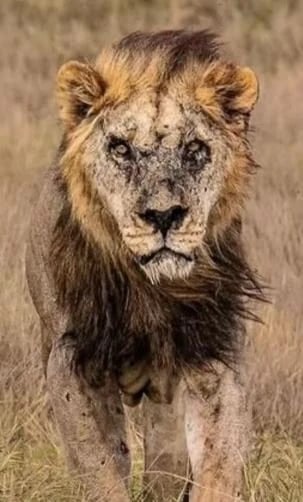
There are just 23,000 lions left in the wild as their population has decreased by 90 per cent over the last decade, according to African Impact.
Almost all lions live in Africa with a small population in India, according to the World Wildlife Federation.
Loonkito cannot be officially confirmed as the oldest in the world but he was very old lion and surpassed the average survival age.
Reports of wildlife straying into human habitats in Kenya have increased in recent years as the animals come under growing pressure from cities expanding into ancient migration and hunting grounds.
‘People need to be sensitised on looking for a way to alert us and then we can take animals back to the parks,’ KWS official Jinaro said.
The park is just seven kilometres (four miles) from the heart of Kenya’s capital, and incidents of animals escaping the grassy plains and wandering into the chaotic metropolis of more than four million people are not unheard of.
In December 2019, a lion mauled a man to death just outside the park, while in March 2016 another cat was shot dead after attacking and injuring a nearby resident.
Just a month before that, in February 2016, two lions spent a day wandering through Kibera, a densely packed city slum, before returning to the park, and days later more lions were spotted in town.
There are an estimated 2,500 lions in Kenya, according to the country’s first-ever national wildlife census conducted in 2021.
This article by Tom Sanders was first published by Metro on 12 May 2023. Lead Image: World’s oldest lion killed after being speared by herders (Picture: YouTube/Facebook).
What you can do
Support ‘Fighting for Wildlife’ by donating as little as $1 – It only takes a minute. Thank you.
Fighting for Wildlife supports approved wildlife conservation organizations, which spend at least 80 percent of the money they raise on actual fieldwork, rather than administration and fundraising. When making a donation you can designate for which type of initiative it should be used – wildlife, oceans, forests or climate.
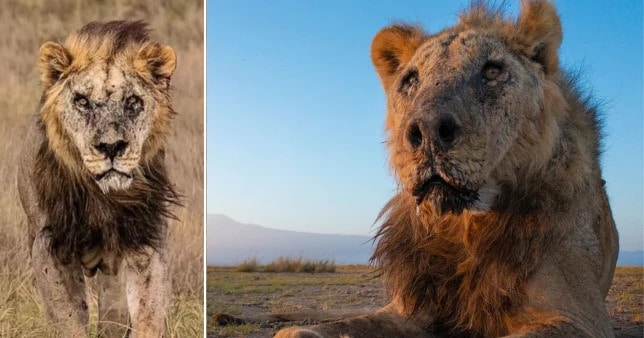
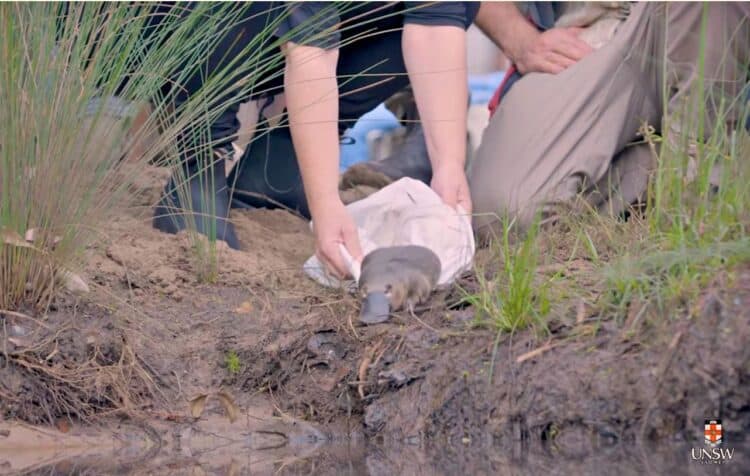
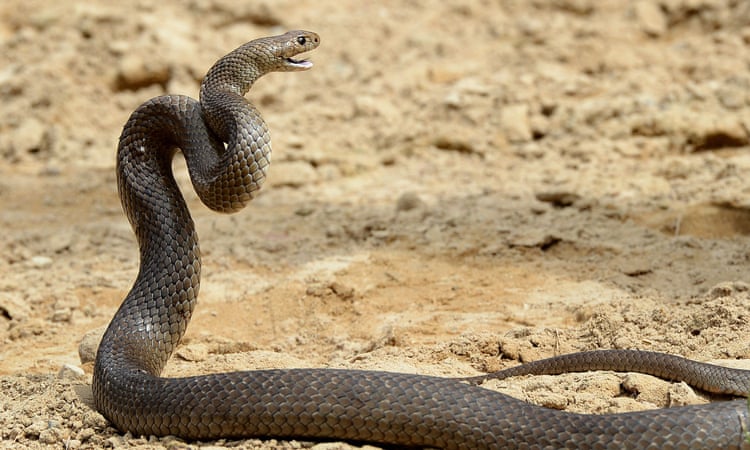
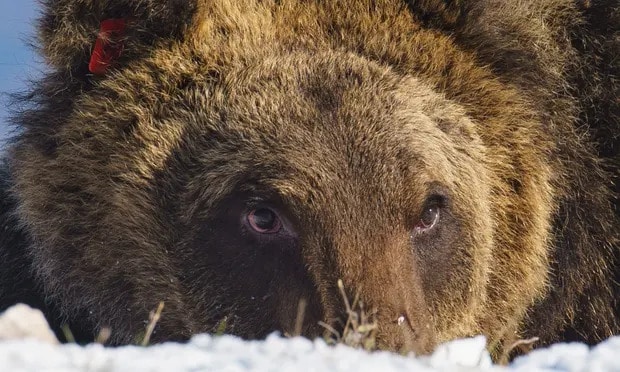
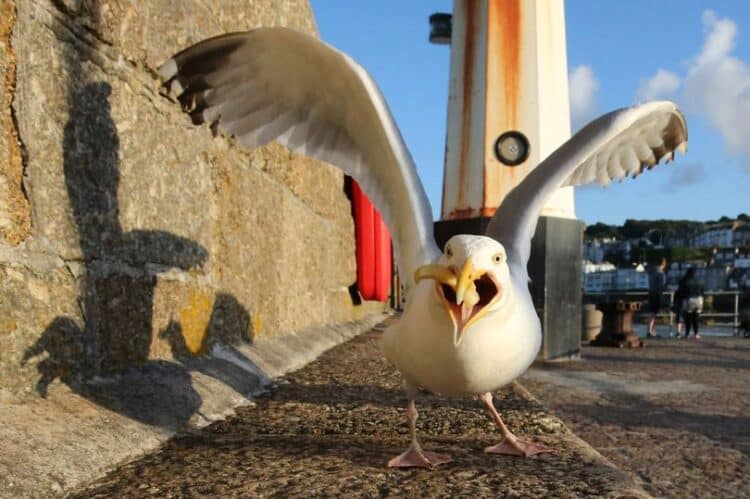


Leave a Reply